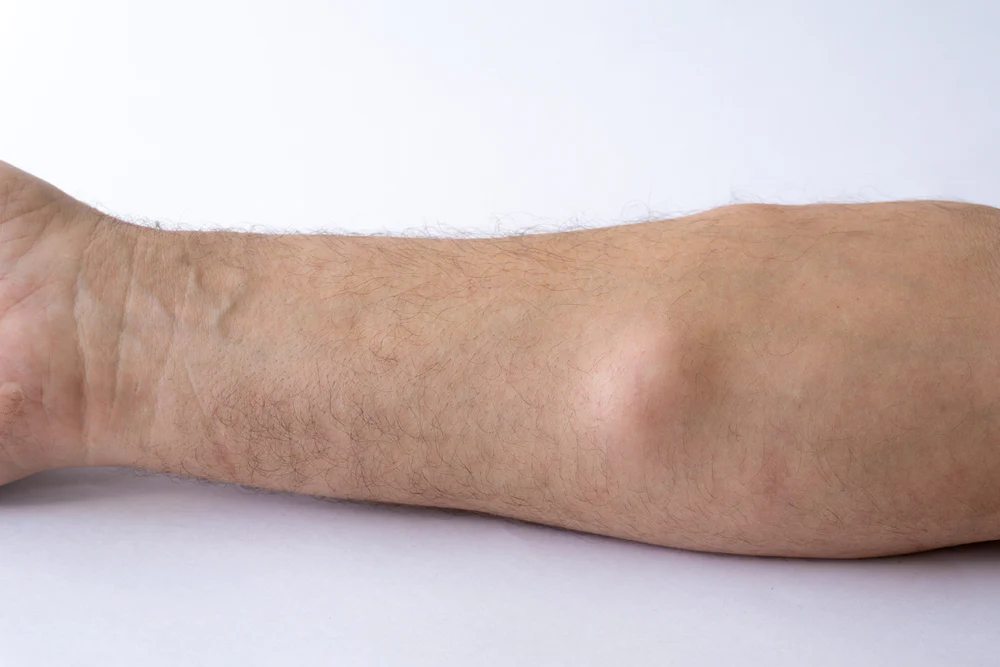Lipomas are one of the most common types of benign tumours that form in the body’s soft tissue. Most of the time, they grow slowly, are soft, and are easy to feel under the skin. Even though lipomas are usually harmless, they can be painful and change the way the skin looks, which is why many people choose to have them taken off.
So what is a Lipoma?
A lipoma is a lump of fat that grows beneath the skin. It is made up of fatty tissue and is usually found on the arms, neck, back, and middle of the body. Lipomas are usually small, with diameters between a few millimetres and a few centimetres. When touched, they are often soft and can move around.
Why do people get lipomas?
No one knows for sure what causes lipomas, but there are a few things that are thought to play a role. These things are:
Genetics: Lipomas can be passed down from parent to child.
Age: Lipomas are more common in older people, and the chance of getting one goes up as you get older.
Being overweight or obese can make the chance of getting lipomas higher.
Trauma: Lipomas can form in places that have been hurt or hurt badly.
Lipomas usually don’t cause any symptoms, which is why they are called “asymptomatic.” But in some cases, they can hurt or change the way the skin looks, making the person feel bad or embarrassed.
Options for treatment: Most lipomas don’t need to be treated because they are harmless and don’t cause any problems. But if a lipoma is painful, changes the way the skin looks, or is growing quickly, it may need to be taken out. Some of the most common ways to treat lipomas are:
Treatments excision: A lipoma can be removed by making a small cut in the skin and cutting out the whole thing.
Liposuction: Liposuction is a procedure that can be used to remove small lipomas. It is not very invasive.
Lipomas are noncancerous tumours made of fatty tissue that are usually harmless. They happen more often in older people, and no one knows what causes them exactly. Lipomas can be removed by Procedure, liposuction, or just left alone if they don’t hurt or cause any other problems. If you are worried about a lipoma, talk to a dermatologist at Revitalise London Dermatology Clinic to get a proper diagnosis and treatment plan.

